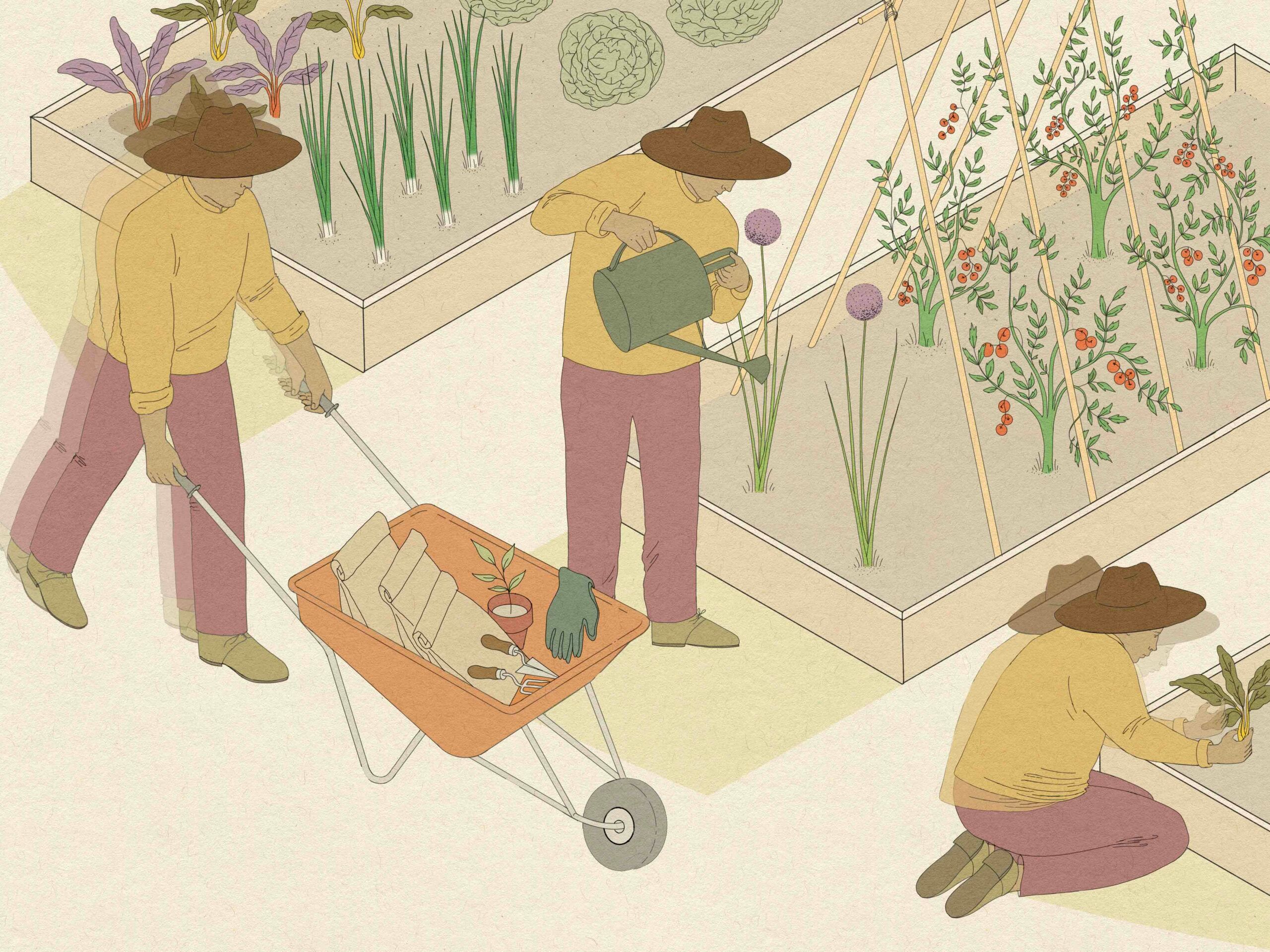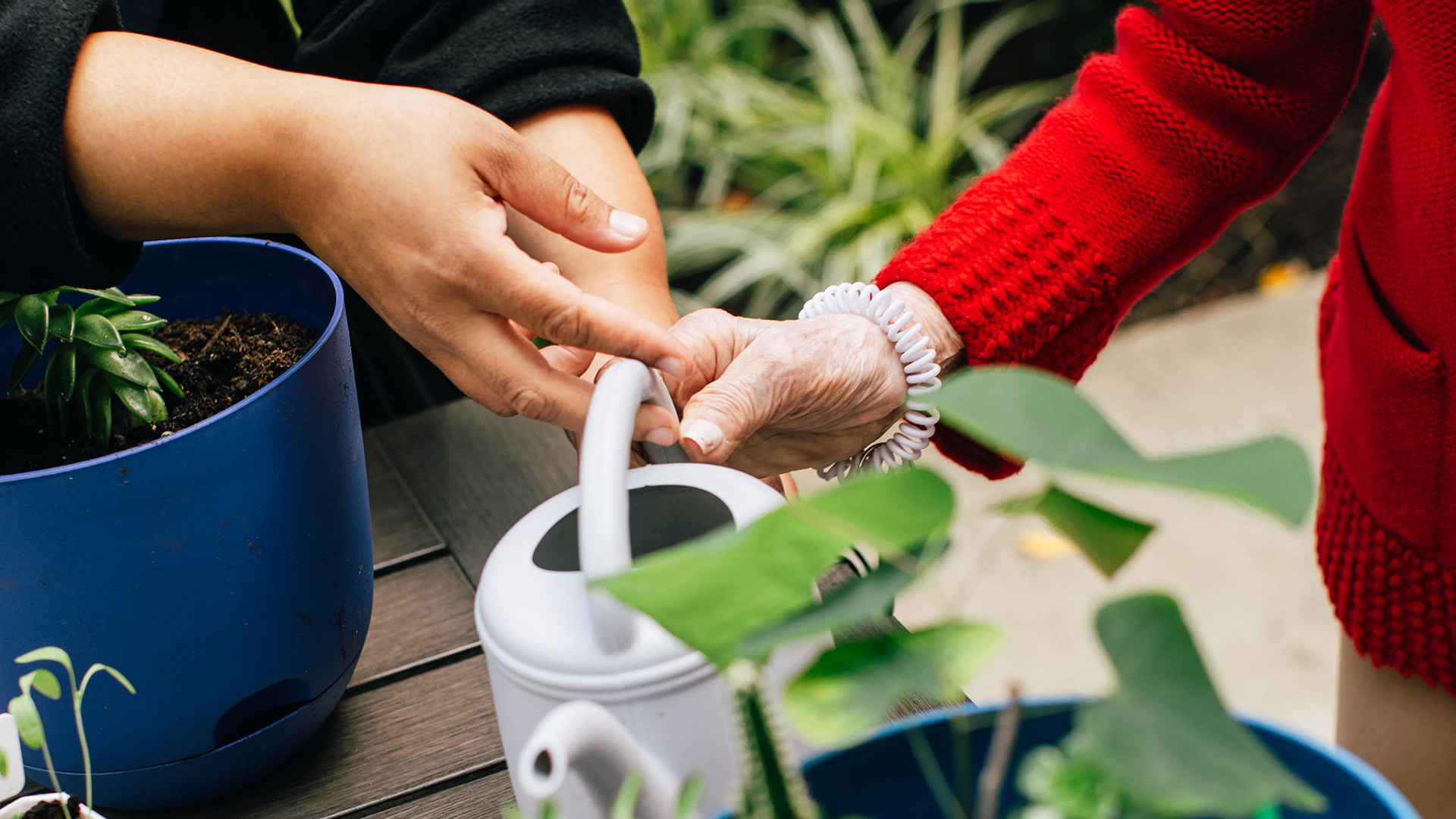“Aging is not lost youth but a new stage of opportunity and strength.” – Betty Friedan
Being Atria’s Well-Being Coach has taught me how important it is to foster a positive attitude as we age and dispel the negative stereotypes of aging.
Forgetful, bumbling and always complaining about aches and pains – we see these exaggerated portrayals in movies all the time. But such negative stereotypes can be damaging to older adults’ self-identity and can even be harmful to their physical health. Ageism is not inclusive and it’s often divisive.
The truth is, many people have reported a renewed sense of vitality as they age. One’s mood and well-being, and even certain types of intelligence, can actually enhance over time. It’s important to embrace these positive aspects of aging.
Let’s look at some of these common misconceptions from the National Institute on Aging. If you’re a younger adult, understanding these myths can help you be more supportive of the older adults you care about. If you’re an older adult, being mindful of these myths could help protect your well-being.
Myth: It’s normal for older adults to be lonely and depressed
It’s true that many people, including older adults, experience loneliness, which can make them feel sad, anxious and depressed. But there are many positive emotional benefits to growing older, including the richness of enduring friendships and cherished memories formed over a lifetime.
Although older adults are susceptible to loneliness, studies show they are less likely to be depressed than younger adults. Still, it is important to understand the warning signs as loneliness can lead to more serious health issues.
One way to combat loneliness is by being socially active. However, making friends does not come naturally for everyone. A good first step is to attend an event or activity where you can engage with others who share a similar passion or life experience – and then make a genuine effort to reach out to at least one person. Sometimes even the smallest gesture, like simply introducing yourself and initiating small talk, can lead to a cherished, lifelong friendship.
Relationships are everything. Your relationship with yourself, your family and friends, your community, and your faith are all vital to happy, healthy living.
Myth: Older adults can’t learn new things
Our physical and mental fitness change as we age, but that doesn’t mean older adults lose the ability to learn and sharpen cognitive abilities. Research has shown that older adults who learn a new skill, like knitting or digital photography, experience improvement to their memory.
Trying new things helps improve well-being, especially if it fosters social connection with others. Seek group opportunities to keep your mind and body active like joining a book club, taking a dance class, playing trivia or volunteering at a community garden.
There are also ways for older adults with mobility issues to stay actively engaged. Reading or listening to audiobooks can improve memory, reduce stress and delay cognitive decline. Volunteering for community projects is another way to stay engaged and feel a sense of purpose.
It’s important we keep learning, and learning how to learn. Knowledge is good health.
Myth: Older adults should take it easy
Scientific studies show that the benefits of being active far outweigh the negatives. Staying physically active improves your mental and physical health – and can help manage chronic conditions. It also improves balance and stability to avoid falls, which supports staying independent as we age. And for those with mobility challenges, there are seated exercise and chair yoga routines. No matter your age, mobility or health condition, there is some type of physical activity for everyone.
Learn how you can improve your well-being and maintain mobility as you age with healthy habits.
Myth: Dementia is inevitable for older adults
The risk of dementia may rise as we grow older, but it’s not a given that it will affect everyone. Many people in their 90s and beyond never experience the declines in thinking and behavior that are associated with dementia. The risk of having Alzheimer’s disease may be higher if there is a family history of dementia, but having a parent with Alzheimer’s does not necessarily mean that someone will develop the disease.
While there is currently no effective treatment or proven prevention of Alzheimer’s and related dementias, it’s possible to reduce the risks of developing memory impairment by leading a healthy lifestyle, including:
- Control high blood pressure
- Manage blood sugar
- Maintain a healthy weight
- Eat a healthy diet
- Stay mentally active
- Stay socially connected
- Stop smoking
- Sleep well
While we can’t control the genes we inherited, we can take steps to stay healthy as we age by exercising and keeping our minds engaged. Learn how social interaction benefits a person with memory impairment and discuss any concerns with your physician.
Fact: There’s still plenty of life to live
Society keeps giving us messages that when we get older, we’re finished. But we’re not finished. I see every day as an opportunity for a fresh new start. We can keep reinventing ourselves, no matter what our age. Yes, we are getting older, but we are not done yet!
Atria communities offer opportunities for new chapters of life to unfold each day. Engaging events and a welcoming environment foster a lifestyle in which older adults can grow, stay active and connect with the world to get the most out of retirement.






